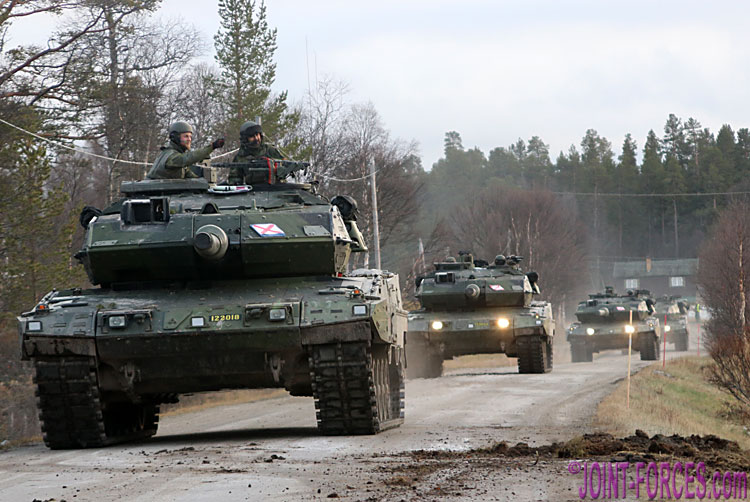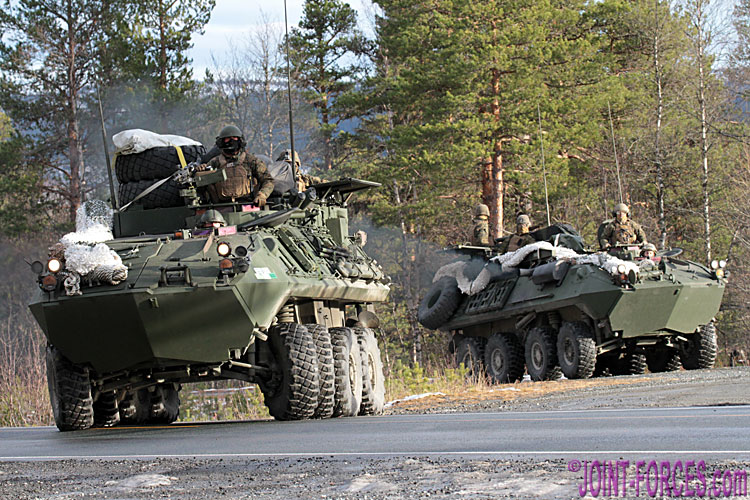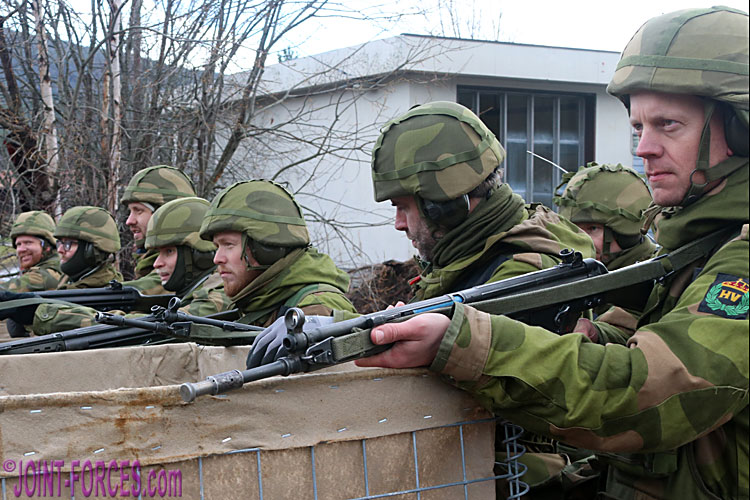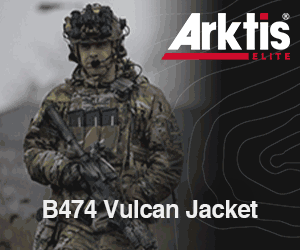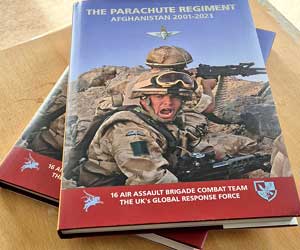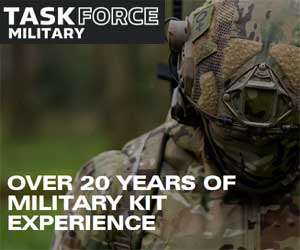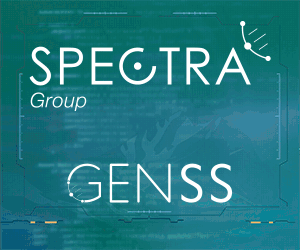TRIDENT JUNCTURE 2018 effectively commenced for the main force on 15th October and ran through to 7th November when the LIVEX concluded, writes Bob Morrison.
Run with a NATO Article 5 Collective Defence scenario, using the OCCASUS model specifically created for this exercise, TRJE18 commenced with a week-long COMMEX (Confirm Comms/CIS) phase which tested, assessed and validate C4ISR interoperability. This was followed by a LIVEX (Live Exercise) period in two further phases which formally concluded on 7th November with the combat troops returning to various camps across mid-Norway before returning home while the headquarters transitioned into a fortnight long CPX (Command Post Exercise) to run the model through to its conclusion.
The LIVEX, which from our perspective is the most interesting period, consisted of CET/FIT (Combat Enhancement Training / Force Integration Training) phase, including unit level training, preparation and familiarisation prior to 31st October (when a Distinguished Visitors Day demo was run near Trondheim). The transition to the JFTX (Joint Field Training Exercise) phase, which included tactical offensive and defensive operations for both sides, coincided with DV Day and was effectively run as two four-day manoeuvres.
In addition to Land Forces, both Naval and Aviation Forces were also exercised but for the moment at least we will only concentrate on the former. In total just over 50,000 military personnel, from all 29 NATO nations plus the partner nations of Finland and Sweden, participated in TRJE18 on what was the largest such exercise since the end of the Cold War; if one wonders why Western Europe and its North American allies felt the need to mount such a large defensive exercise, the recent further aggression by Russia in the Black Sea region might provide clues.

Red Force (Canadian) troops using a ‘requisitioned’ Norwegian BV206 carrier on the west North-South axis [©BM]
For the purpose of the Land element of the TRJE18 LIVEX, the participating troops were split into South (Blue) Force defenders and North (Red) Force attackers for the first four days and then a massive counter-attack was mounted to allow Red to go defensive. Blue Force consisted of three multinational brigades including the NATO VJTF (Very High Readiness Task Force) and the NRF (NATO Reaction Force) working on parallel axis in roughly south-north valleys in eastern mid-Norway. Red Force consisted of three more multinational brigades including Partner Nation (Sweden & Finland), Rotational (primarily United States and Canadian), and In Place components. Two amphibious task groups also participated with initial landings (USMC) on the west flank followed by a counter landing by Dutch, French, Finnish and UK Marines.
To be continued…
{ images © Bob Morrison }


